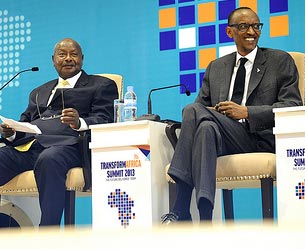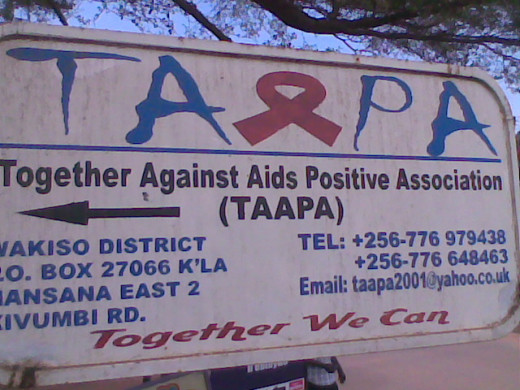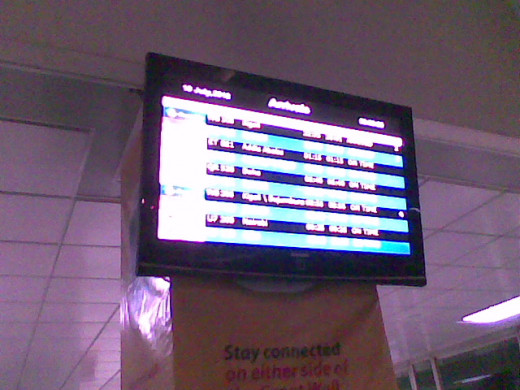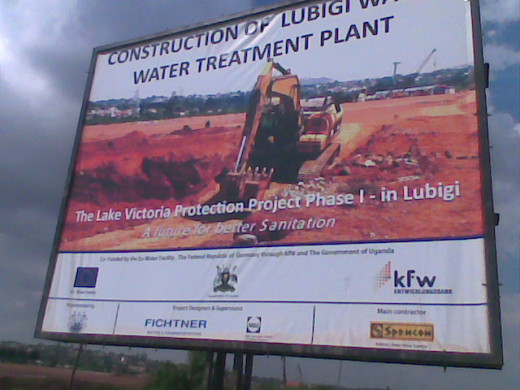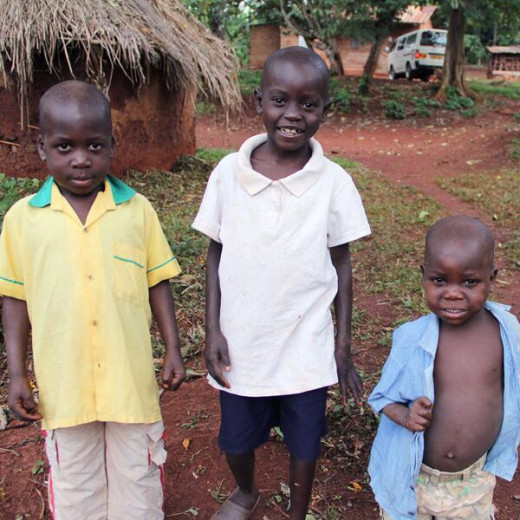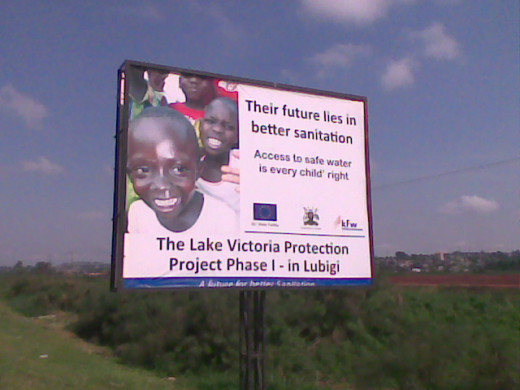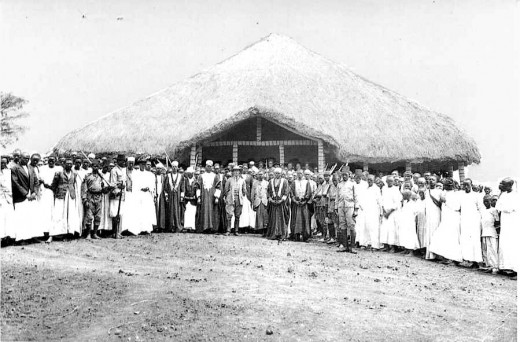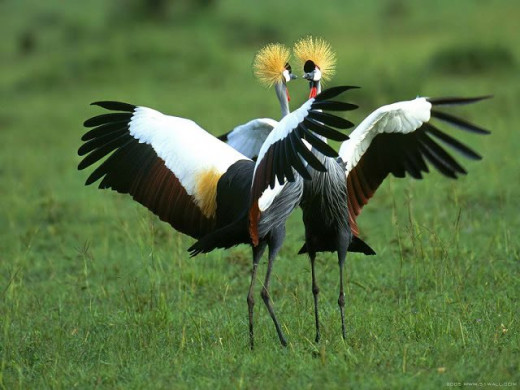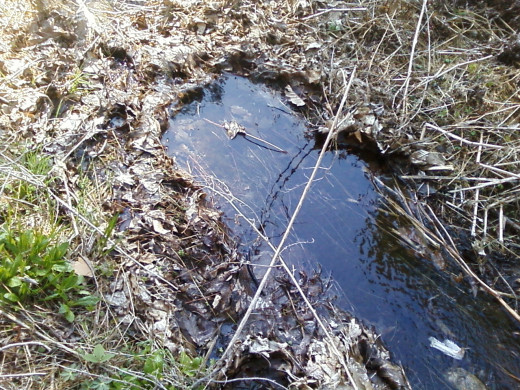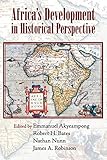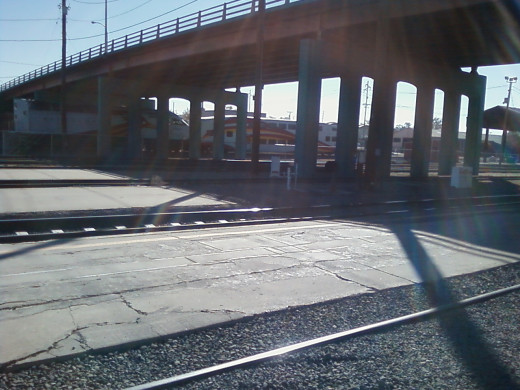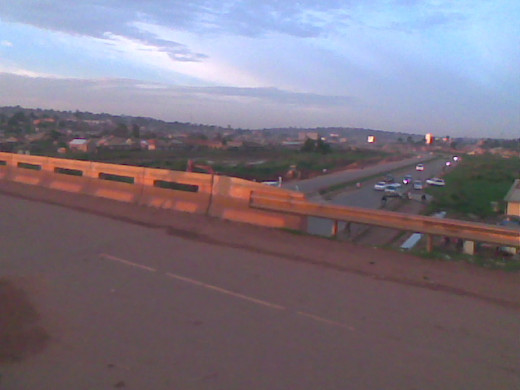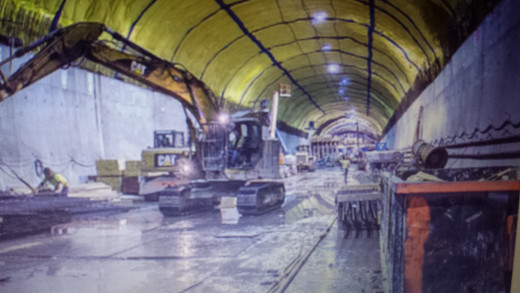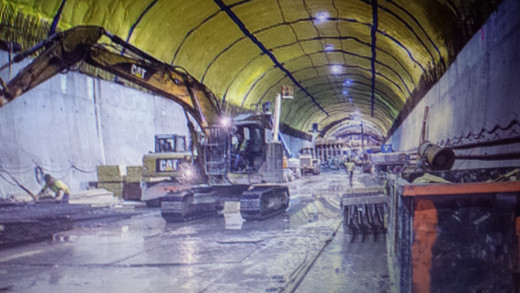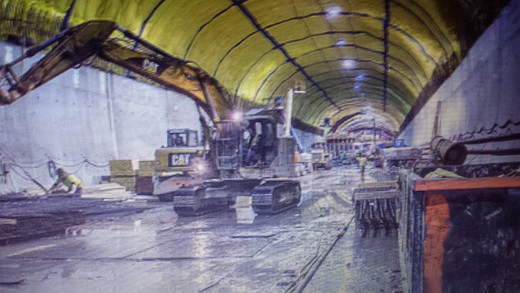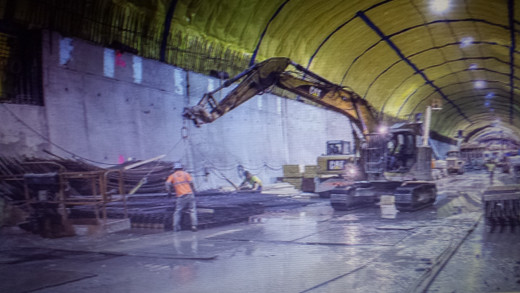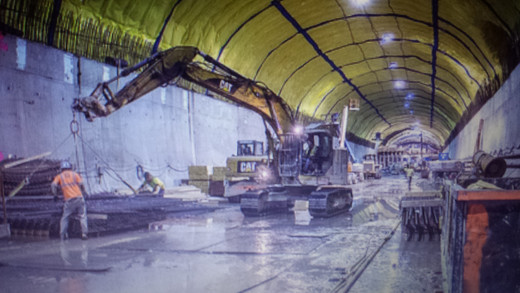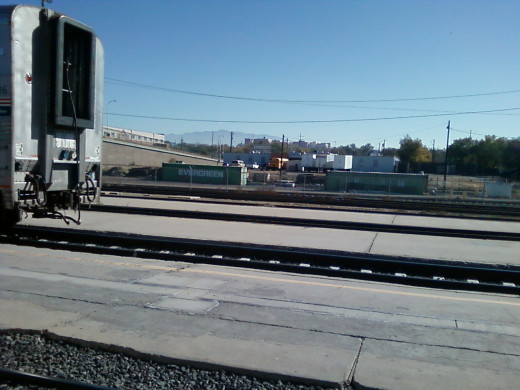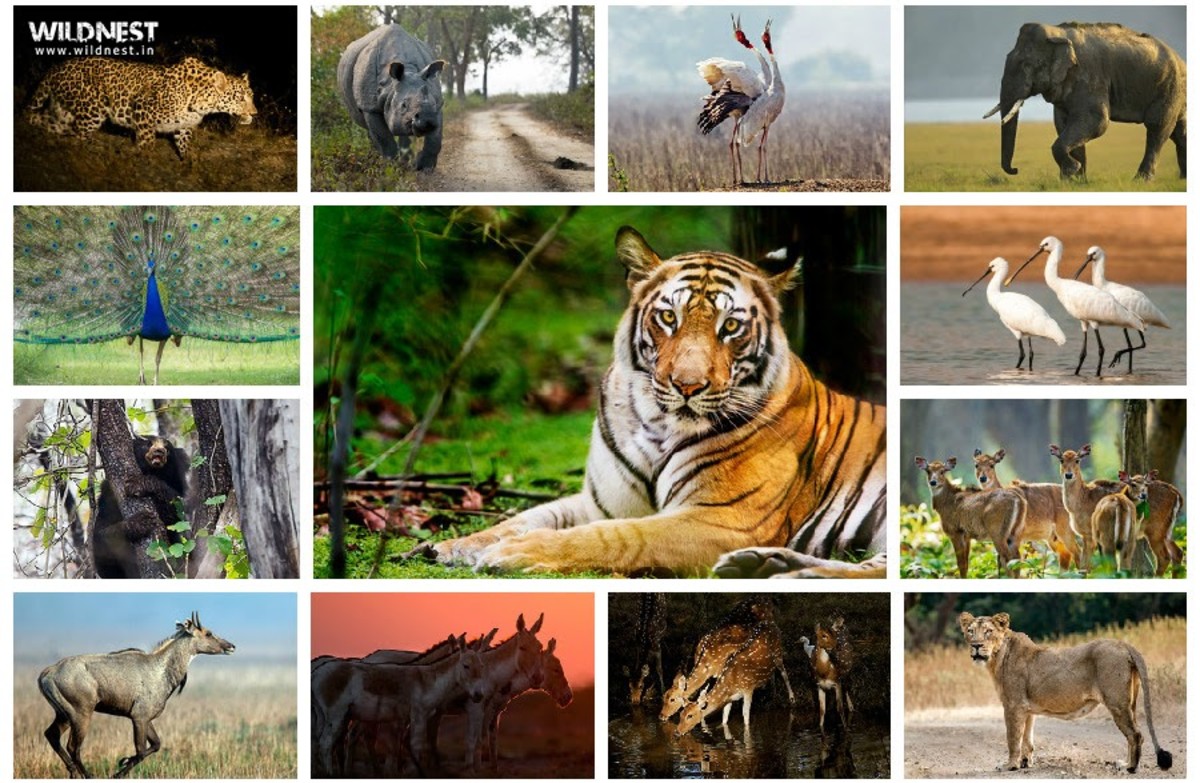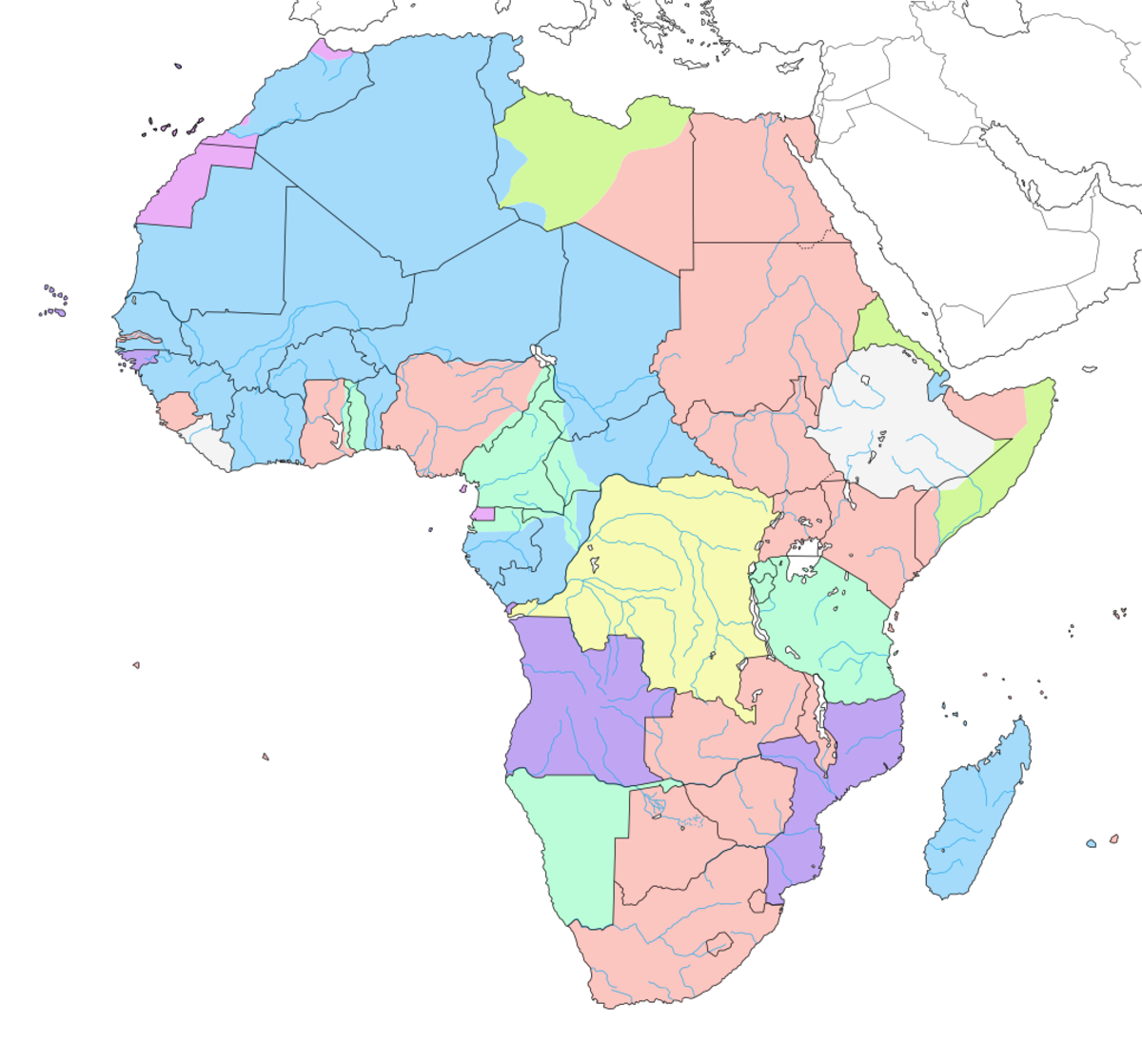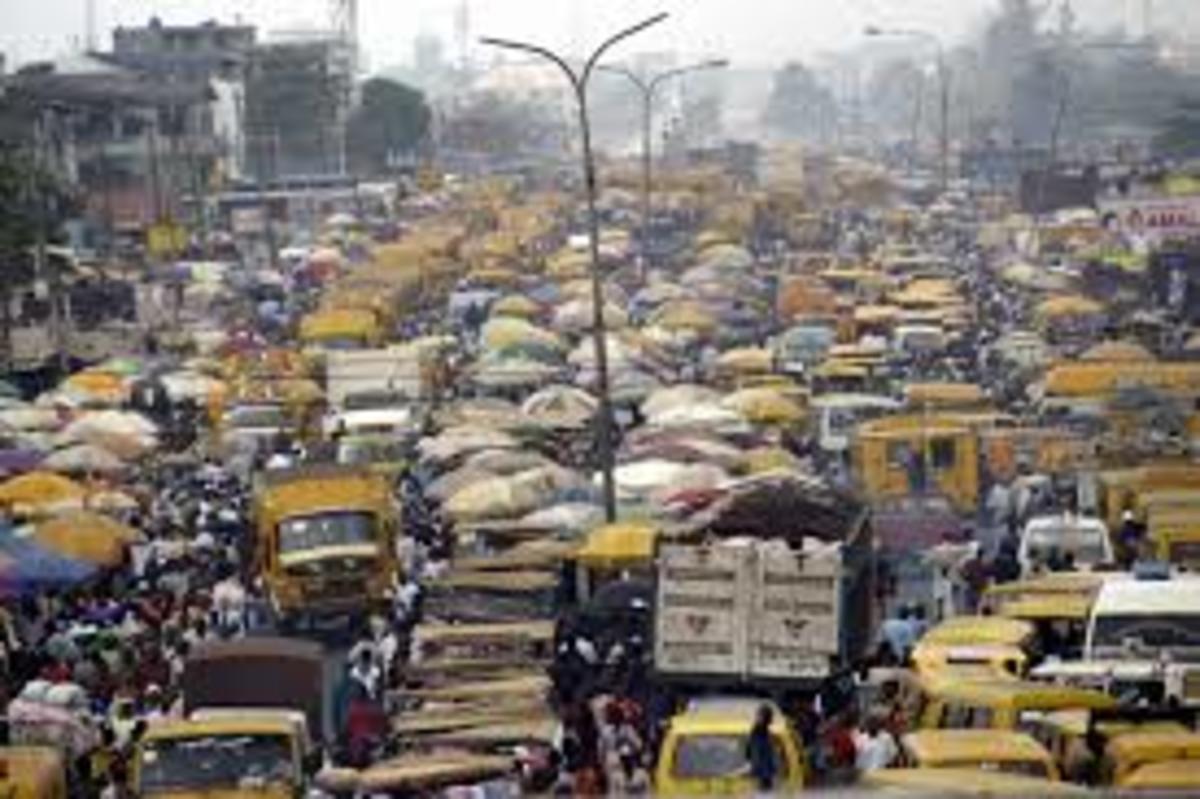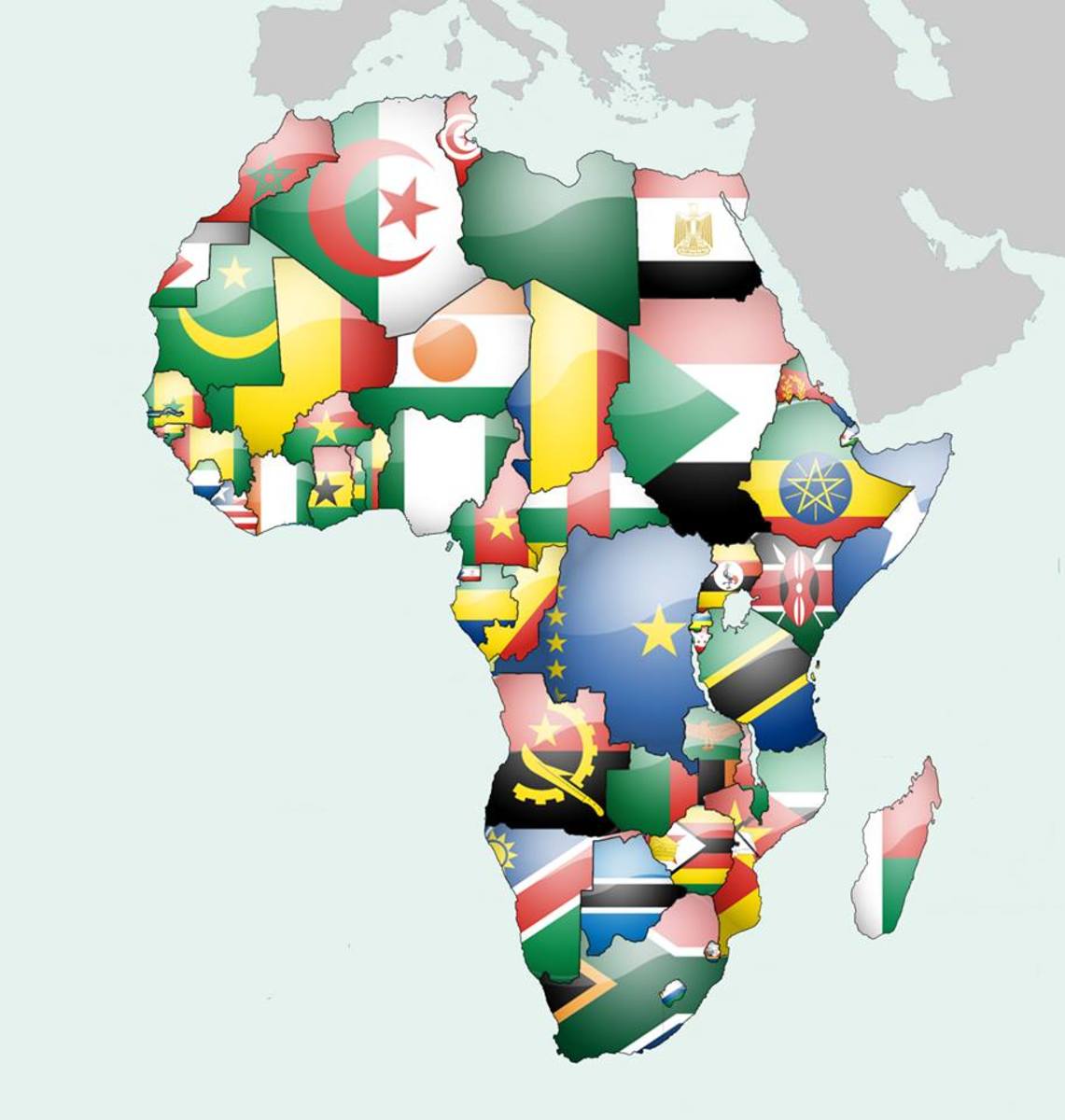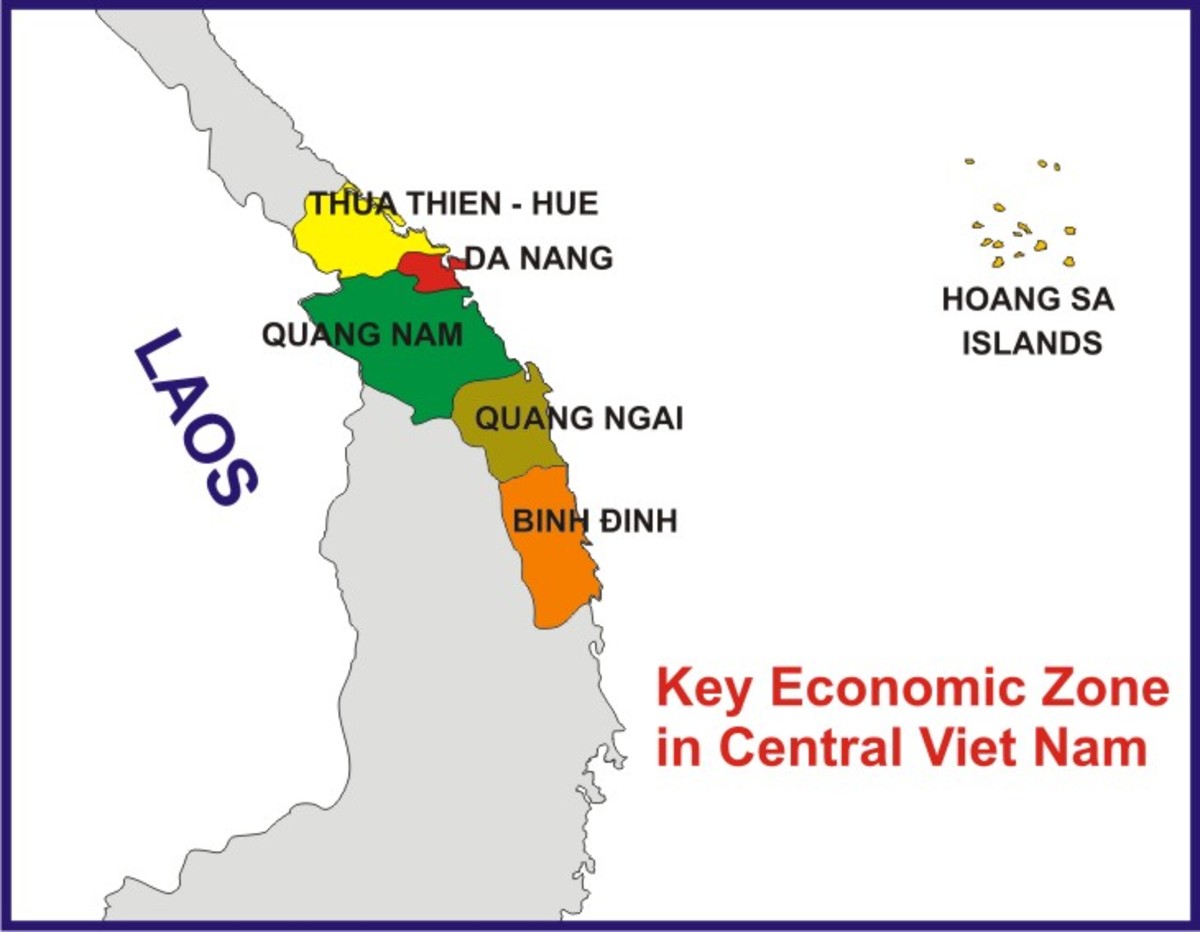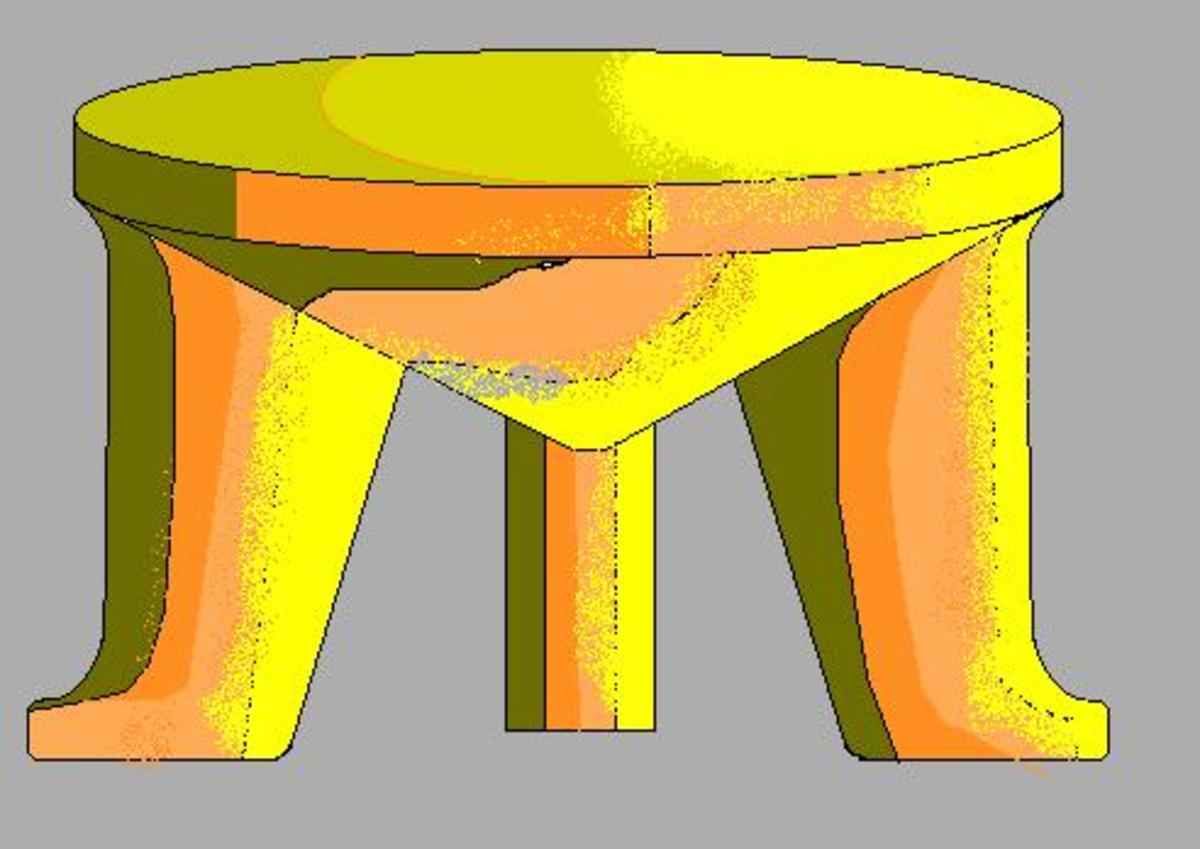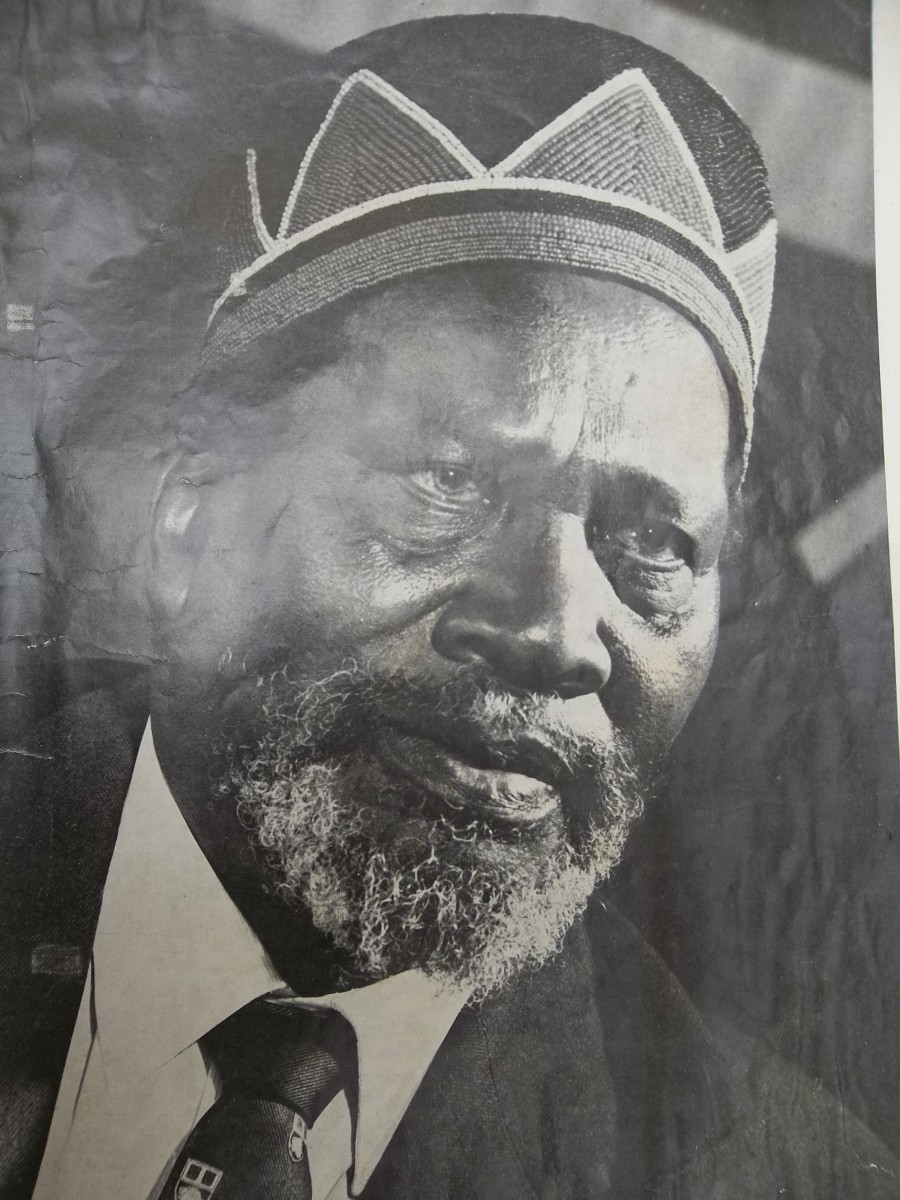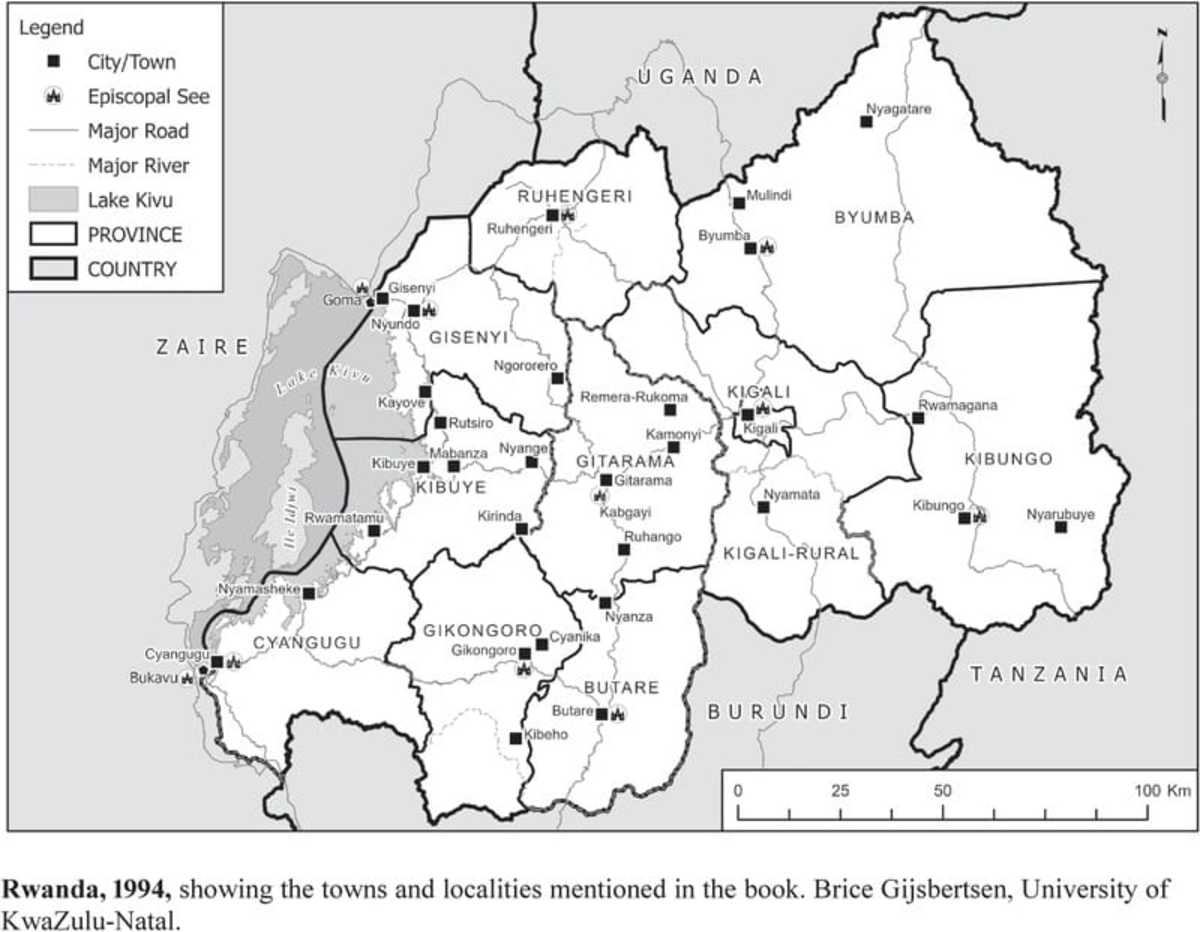The 18 things Africa needs to do to Knock off USA as an economic power
High Level Meetings to plan Long Term Development Initiatives
Click thumbnail to view full-size
Health facilities in Africa
Click thumbnail to view full-size
Eradicate killer diseases in Africa
Click thumbnail to view full-size
Good Airports
Click thumbnail to view full-size
Built Environment in Africa
Click thumbnail to view full-size
Caring for children
Click thumbnail to view full-size
Build critical mass of respectable states men and women
Click thumbnail to view full-size
Lake Victoria wetland, Africa water bodies
Click thumbnail to view full-size
Encourage Local community governance and federalism
Click thumbnail to view full-size
Boost tourism in Africa
Click thumbnail to view full-size
Care for wetlands
Click thumbnail to view full-size
Africa is destined to be the richest continent in the world (Part I)
The 18 point investment plan for eradicating poverty from Africa
Africa has the potential to rise up and out of the quagmire called poverty (http://en.wikipedia.org/wiki/Economy_of_Africa). A cursory perusal in print media and social media depicts Africa as the poorest! With the poverty label many have written off Africa. Even the Africans themselves seem to have given up, they listen to the demotivating statements. Books written in scholarly spheres and elsewhere depict Africa with these words: theocracy, dictatorship,lack of democracy, totalitarianism, third world, development, savages, heathens, ignorant, marred elections, arbitrary arrests, genocides and regime un-changes.
Africa can through the following values: constitutionalism, regular elections, tolerance, welfare, elderly support, expression, conservation, re-use, recycle, awareness of vicarious tendencies, safety and empowerment become a beacon of development by the end of the 21st Century.
A form of leadership that encourages stewardship will be of advantage to Africa. By stewardship all the people are empowered to take on roles to improve on their communities. Leaders are created in various spheres and not only at government level.
The root of poverty in Africa can be traced back to 5 factors: environment (http://on.aol.com/video/africas-water-resources-atlas-517351846), plagues, epidemics, trade agreements that favored non Africans and a lack of western style/economic infrastructure.
Africa needs to invest extensively in the built environment. With road networks that do not ramify to cover all corners of the continent; with very few of them permanent; with many in conditions that make them unusable, Africa has a long way to connect its people, resources and mechanisms to change resources into usable products. But imagine USA currently has 4 million miles. It is using this single opportunity that makes it makes leaps and bounds economically, socially, culturally, potentially and intellectually. Africa has a paltry 35, 221 miles(http://en.wikipedia.org/wiki/Trans-African_Highway_network, http://en.wikipedia.org/wiki/North_American_rail_network#Railways). Africa needs to invest in a built environment.
The infrastructure or investments that need improving or adding to are in form of: road systems that lead to and out of agriculture or resource rich areas, roads that connect communities to markets; Education of populations without discrimination; investing in remote areas (local governments/decentralization); value adding agriculture; mineral resource exploration and excavation; leadership; health care; credit extension; built area; skilled labor; non skilled labor.
Africa has the Potential to overcome indebtedness. Once Africa has the infrastructure to feed its billion people or more, it will mark a point in time for self reliance. The land is fertile and the weather is conducive. It needs to judiciously and conservatively use its water sources in form of wet lands, rivers, sub subterranean wells and lakes (http://www.britannica.com/EBchecked/topic/7924/Africa/37214/Water-resources).
The 18 points are: Education, health care, trade, establishing a middle class, mechanized agriculture, environment conservation, re-afforestation (http://www.youtube.com/watch?v=cWlYBr7XxWM), economic integration, industrialization, transport systems, sales, services, manufacturing, motivating the Diaspora Africans, attracting investments, tourism (http://www.africaguide.com/shop/maps.htm) and urbanization. These are eighteen major investments governments in Africa need to invest in. Africa traded with Phoenicians who brought banana plantains, sorghum, millet and maize (corn) that did well in Africa, By 1000 AD. The trade acumen exhibited then can be done again.
The drawing board: Africa cannot afford to work in isolation. If it is to trade or deal with other communities in the world, it should not repeat the historical mistakes made in the colonial era. During that time the colonialists did NOT deal fairly with Africa. Africa needs to assure trading partners that the past is in the past. This will assure many saddled with guilt that Africa is not out to revenge. There has to be a firm resolution of respectability (http://www.quora.com/Colonialism/What-could-be-meaningful-reconciliation-for-historical-colonialism/answer/Steven-Dillard?ref=bingsocial&bing_lx=0#). The agreements should be about genuine development of all concerned. The leadership level and integrity of African leaders must also have the needs of African populace in mind. Corruption should be denounced, lack of transparency should be discouraged and establishing structures in which the populace monitor their governments should be the modus operandi.
Conclusion:
The eighteen programs to invest in are: Education, health care, trade, establishing a middle class, mechanized agriculture, environment conservation, re-afforestation, economic integration, industrialization, transport systems, sales, services, manufacturing, motivating the Diaspora Africans, attracting investments, tourism and urbanization. This will in turn enable Africa invest in its people, its resources and provide opportunities for further development.
Income generating Activities
Business Sense of the overarching best practices
Africa has the potential to rise up and out of the quagmire called poverty. The sensible thing to do: mobilize political attitude towards income generating practices in Africa.
Africa can through the following values: constitutionalism, regular elections, tolerance, welfare, elderly support, expression, conservation, re-use, recycle, awareness of vicarious tendencies, safety and empowerment become a beacon of development by the end of the 21st Century. Business-wise this is a context for investment and capital transfer. This is a trustworthy investment context.
A form of leadership that encourages stewardship will be of advantage to Africa. Business-wise good leadership attracts investments.
The root of poverty in Africa can be traced back to 5 factors: environment(http://on.aol.com/video/africas-water-resources-atlas-517351846), plagues, epidemics, trade agreements that favored non Africans and a lack of western style/economic infrastructure. Business-wise investment in weather forecasting technology, biotechnology industry and research and 'green' industry will help address these issues.
Africa needs to invest extensively in the built environment. USA currently has 4 million miles USA, Africa has a paltry 35, 221 miles(http://en.wikipedia.org/wiki/Trans-African_Highway_network,http://en.wikipedia.org/wiki/North_American_rail_network#Railways). Business-wise investment in a built-area, roads and attendant infrastructure will help employ many more Africans.
The infrastructure or investments that need improving or adding to are in form of: road systems that lead to and out of agriculture or resource rich areas, roads that connect communities to markets; Education of populations without discrimination; investing in remote areas (local governments/decentralization); value adding agriculture; mineral resource exploration and excavation; leadership; health care; credit extension; built area; skilled labor; non skilled labor. Business-wise, infrastructure investments bring returns from teaching, publishing, waste management, habitation and maintenance.
Africa has the Potential to overcome indebtedness. Once Africa has the infrastructure to feed its a billion people or more, it will mark a point in time for self reliance. The land is fertile and the weather is conducive. It needs to judiciously and conservatively use its water sources in form of wet lands, rivers, sub subterranean wells and lakes (http://www.britannica.com/EBchecked/topic/7924/Africa/37214/Water-resources). Business-wise, investing in agricultural processing, road networks and the larger attendant industries that feed off from this will employ so many Africans and expatriates.
Tabular summary of the Business Sense and Development in Africa
Investment Hubs
| Transferable skills
| Financial outcome
| Sustainability
| Workforce development
| Training and re-training oportunities
|
|---|---|---|---|---|---|
Education
| Knowledge development, creation of skilled human capital
| Employable population, wages, salaries, re-investment and job security
| established job opportunities and demand for services, social security sector
| specialization and skilled population segments
| regular follow up, feed back mechanisms
|
Health-care
| Health care service industry, care and ensuring quality life
| Employable population
| establishment of service industry
| infrastructure development and maintenance, specialized population group
| established knowledge and experience transfer and management, IT use
|
Trade
| Knowledge of trades, procurement and human resource management
| Employment opportunities
| establishment of service industry
| infrastructure development
| established knowledge and management, IT use
|
Establishing a middle class
| Income generating, financial capital
| consumer and specialized population group
| job and social security infrastructure maintenance
| professional population group
| prospect of becoming upper class
|
Mechanized agriculture
| Agricultural-based industry and artisanry
| Agricultural processing industry and products generates incomes and provides job security
| environment conservation, land regeneration skills
| specialization and skilled population group
| established knowledge and feedback mechanisms
|
Environment conservation
| 'Green -industry' knowledge and skills
| 'green' employment sector
| environment conservation, waste disposal and management
| 'green' employment sector
| established knowledge and feed back mechanisms
|
Re-afforestation
| 'carbon bank' culture establishment
| healthy and aesthetic environment is opportunity for quality life
| 'green'-based industry is an employment opportunity
| 'green' employment sector
| established knowledge and feed back mechanism
|
Economic integration
| shared knowledge across borders
| increased skills transfer, increased number of employable population groups
| established job opportunities, creation of skilled population
| specialization hubs
| established knowledge, feed back and knowledge development
|
Industrialization
| knowledge development, skills development, employable population groups
| employable population, income generation
| construction and maintenance services
| specialized and skilled professionals across all genders
| knowledge development, skills transfer
|
Transport systems
| mobility and transportation industry development and skills
| Business start ups, employable population
| maintenance, weather monitoring, drainage maintenance, location zip coding development
| specialized and skilled population group
| knowledge development, IT industry use
|
Sales
| knowledge of market, branding and packaging
| meeting demands, provide services and increased incomes
| Hospitality, conduct and market research mechanisms
| specialized research bureaus, specialized artisanry
| knowledge development
|
Services Industry
| Knowledge development, business start up, civil society development
| Business start ups, employable population
| Hospitality, health care, education, transportation, tourism
| Service industry specialized work force
| knowledge development
|
Linkage with Diasporas
| Diasporas share knowledge, skills and business/enterprise spaces
| Business start ups, SMEs
| Investment opportunities, policy and motivation
| enterprises are hubs of employment or investment
| knowledge development and transfer of lessons
|
Attracting Investments
| Investment of capital
| investment in built and IT infrastructure, employment opportunities
| long term contracts, tax benefits
| Infrastructure development, skilled population group development
| knowledge development
|
Tourism
| Hospitality and transport industry development, job opportunities
| 'green' industry expansion
| 'green' based industry and maintenance
| Service industry development and maintenance
| knowledge development
|
Urbanization
| Habitation, road and housing industry, job creation opportunities
| wage, salary and social security for employees, funds from services
| maintenance, construction
| Service industry development
| Knowledge development, transfer and feed back
|
Retraining and training
| following trends
| cutting edge technology
| basic research and technology
| specialized professionals
| knowledge development, ethics, values and feed back
|
Investment hubs to increase sustainable development and a welfare friendly continent
Care for water sources

Transport System
Click thumbnail to view full-size
Urbanization
Click thumbnail to view full-size





Industrialize
Click thumbnail to view full-size
Conscious care of environment
Click thumbnail to view full-size
Education facilitation and logistics
Click thumbnail to view full-size
Freedom of Speech and Association
Click thumbnail to view full-size
Food Is The New Oil, Land Is The New Gold
Food is increasingly missing in many African homes. Where they have lunch, it is debatable whether they will have another meal. Food situation is deteriorating in those world regions where grain food is not produced in large numbers. In his book, Lester R. Brown, 2012: Full Planet, empty plates, one can get the perspective on how poverty hits harder.
"Producing enough grain to make it to next harvest has challenged farmers ever since agriculture began," (Brown 2012, page 114).
Falling water tables, leveling-off grain yields, rising temperatures and soil erosion make it difficult to expand crop production. World grain carry over stocks dropped from 107 days to 74 days of consumption from 2000.
Grain stocks have dropped, world food price Index has doubled from 2000. Ranks of hungry people are increasing. Political unrest is spreading. Every day 219,000 more hungry people go unfed. 3 billion people are feeding on poultry and livestock which are fed on grain meals. There is competition for grain meals between livestock, poultry and humans.
Water is increasingly in shortage, heat waves are making harvests get poorer and poorer. Countries that originally exported grain are cutting back on the amount they are exporting to keep home food prices down.
Developed countries are buying large land tracts in developing countries to grow food for themselves.
In countries like USA, UK, Canada, France and Norway, people's incomes are used to pay for many of their needs. But in Global South countries, especially Africa 50%-70% of their income is spent buying food. "Many schedule one or more days each week when they will not eat at all," (Brown 2012, page 114). There are solutions to this situation though.
What To Do To Increase Food:
-"Responding to the tightening food supplies today is a far more complex undertaking. It involves the ministries of health, energy, water, resources, transportation," (Brown 2012, page 115).
-Smaller families reduce amount of food consumed.
-Reduced animal products' diet, reduces on number of animals reared which in turn depend on or deplete soil nutrients or compete with humans for food.
-Cancel conversion of food into fuel for cars ( bio-fuel mandates). Switch to electric car and solar power.
-Cut carbon emissions. This will lead to stabilized climate, which in turn will lead to rising water tables and rising water moisture.
- Engage in soil conservation efforts such re-afforestation and land tenure systems that do not deplete the soils.
-Encourage through subsidies transition from coal to oil to wind, solar and geothermal energy.
-Raise carbon taxes to offset fossil fuel effects to society
-Upgrade public transportation to use of electric cars.
-Upgrade from flood or furrow irrigation forms to sprinkler or drip irrigation.
-Use water efficient crops such as wheat instead of rice.
-Cities can recycle water.
-Price water use to encourage conservation. Price policy raises use efficiency.
-Control top soil to avoid dust bowls ( Africa and Asia are vulnerable). Plant grass, terracing, planting tree shelter belts, strip cropping alternating crops after a year's rest.
-Establish committees or departments for specific initiatives such as forest or green cover regeneration or waste management.
-Introduce no-tilling farming or adopt a no-tillage agriculture combined with use of herbicides. This retain water in the soil, reduces energy used for tillage.
SUMMARY
The eighteen investment hubs for Africa are:
1. Education
2. health care
3. trade
4. establishing a middle class
5. mechanized agriculture
6. environment conservation
7. re-afforestation
8. economic integration
9. industrialization
10. transport systems
11. sales,
12. services
13. manufacturing
14. motivating the Diaspora Africans
15. attracting investments
16. tourism
17. urbanization
18. Training and retraining ( drawing board)

